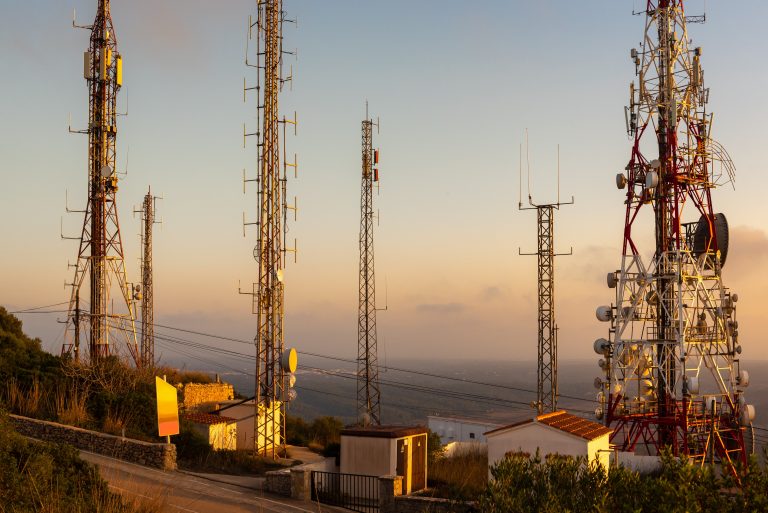A federal bill, HR3557, entitled “The American Broadband Deployment Act of 2023”, moved through its first committee hearing in the house back in late May 2023, with scarcely any media notice. What little discussion has appeared relates to “removing barriers to broadband connectivity” and “bridging the digital divide”. This bill would put Americans in further constant danger of wireless antenna radiation and take away decision making control from local authorities. This is not what Americans need!

